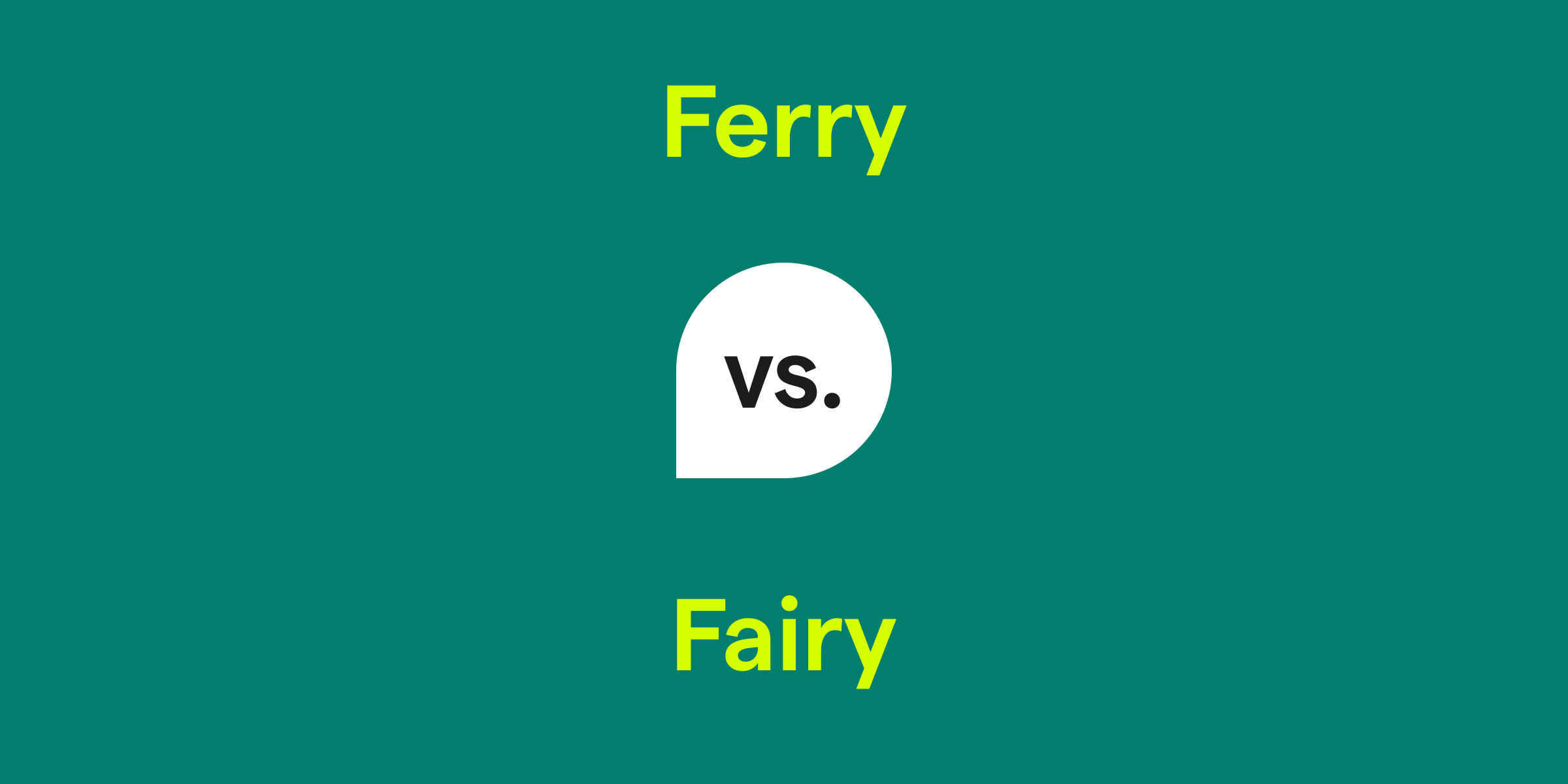Ferry vs. Fairy: What's the Difference?
A ferry is a boat or ship for conveying passengers and goods, especially over a relatively short distance and as a regular service. Often encountered near rivers, lakes, or within a maritime transport system, ferries are a vital part of urban and rural infrastructure alike. On the other hand, a fairy is a mythical being or legendary creature in European folklore, often depicted as a small, delicate, elusive figure with magical powers, commonly portrayed in various forms of fantasy literature and children's stories.

How do you use the word ferry in a sentence?
The word ferry is mainly used to refer to a vessel used for transporting people and vehicles across water bodies. The term encapsulates the marine service provided and is often associated with the regularity and utility of such transportation. Ferries serve as an essential link for travel and trade within coastal regions and islands.
Examples of ferry in a sentence
- We took the early morning ferry to cross the river and reach the city.
- The coastal community relies heavily on a fleet of ferries for daily commutes and necessities.
- During the festival, locals decorated the ferry with colorful lights and flags.
How do you use the word fairy in a sentence?
The word fairy brings to life the mystical and enchanting worlds of folklore and fiction, where these magical beings play various roles. Fairies are often invoked in the context of storytelling and fantasy to denote creatures with supernatural abilities, typically connected with nature or possessing a connection to ancient myths.
Examples of fairy in a sentence
- The children eagerly listened as their grandmother told a tale of a mischievous fairy who lived in an ancient forest.
- Belief in the protective power of the fairy was common among the villagers.
- The garden, with its abundance of flowers and soft lighting, had an almost fairy-like quality to it.
Ferry and fairy definition, parts of speech, and pronunciation
Ferry definition:
A ferry is a noun that describes a type of boat or ship that carries passengers, vehicles, and goods across a body of water, typically on a regular schedule.
Ferry parts of speech:
Ferry pronunciation:
Ferry is pronounced as /ˈfer.i/.
Fairy definition:
A fairy is a noun that refers to a small imaginary being of human form that has magical powers, especially one that exists in fairy tales and folklore.
Fairy parts of speech:
Fairy pronunciation:
Fairy is pronounced as /ˈfeə.ri/.
A ferry is a noun that describes a type of boat or ship that carries passengers, vehicles, and goods across a body of water, typically on a regular schedule.
Ferry parts of speech:
- Noun: The ferry departs from the dock every hour on the hour.
- Verb (less common): The river is too wide to swim across, so let's ferry over to the other side.
Ferry pronunciation:
Ferry is pronounced as /ˈfer.i/.
Fairy definition:
A fairy is a noun that refers to a small imaginary being of human form that has magical powers, especially one that exists in fairy tales and folklore.
Fairy parts of speech:
- Noun: Legend speaks of a fairy that could control the elements with just a wave of her hand.
- Adjective (formed from the noun): The garden had a fairy-like charm, with twinkling lights and delicate flowers.
Fairy pronunciation:
Fairy is pronounced as /ˈfeə.ri/.
Ferry vs. fairy in a nutshell
In summary, ferries are practical modes of transportation across water bodies, playing a crucial role in the daily lives of many and the economies of coastal areas. Meanwhile, fairies are a staple of folklore, embodying the magical and mythical elements of stories passed through generations. The former is grounded in physical reality, the latter in fantastical imagination. Each term carries its own unique cultural significance, one deeply embedded in infrastructure and commerce, the other in lore and literature.
Get AI Writing Assistance Wherever You Type
Make sure your vocabulary is on point and every punctuation mark is in the right place, no matter where you’re working. Grammarly works across more than 1 million websites and apps so you can improve your writing without copying, pasting, or breaking focus.

More Commonly Confused Words
Interest piqued? Pore (not pour) over other commonly confused words to help your writing reach peak (not peek) performance.